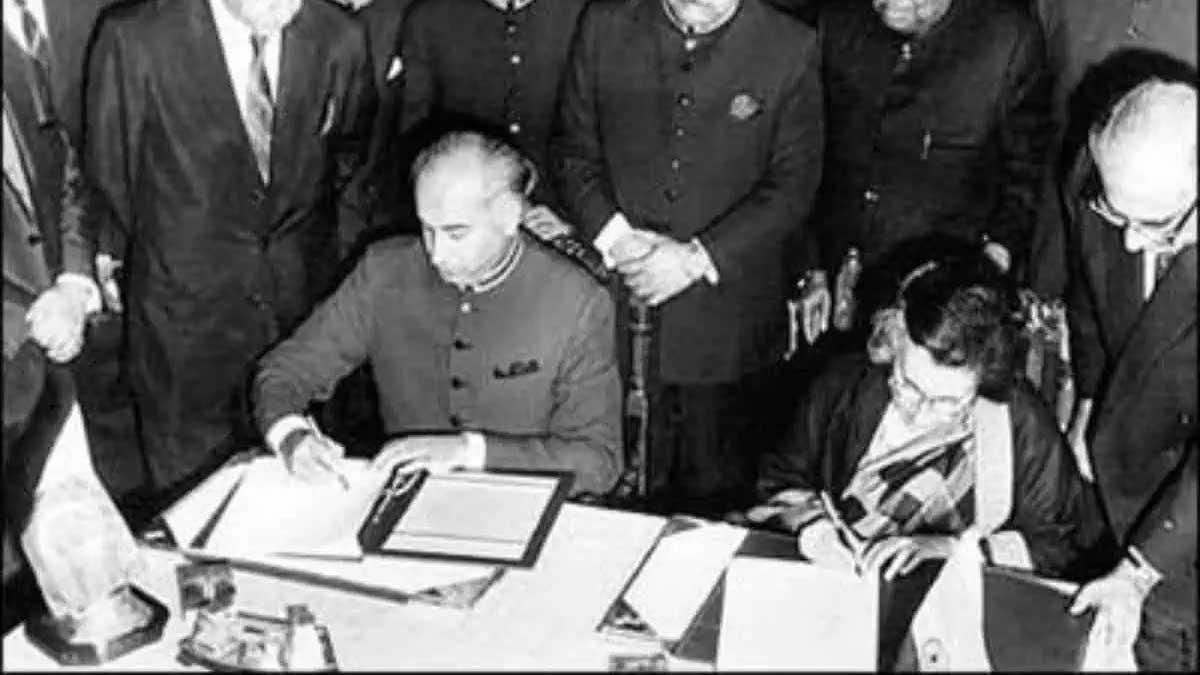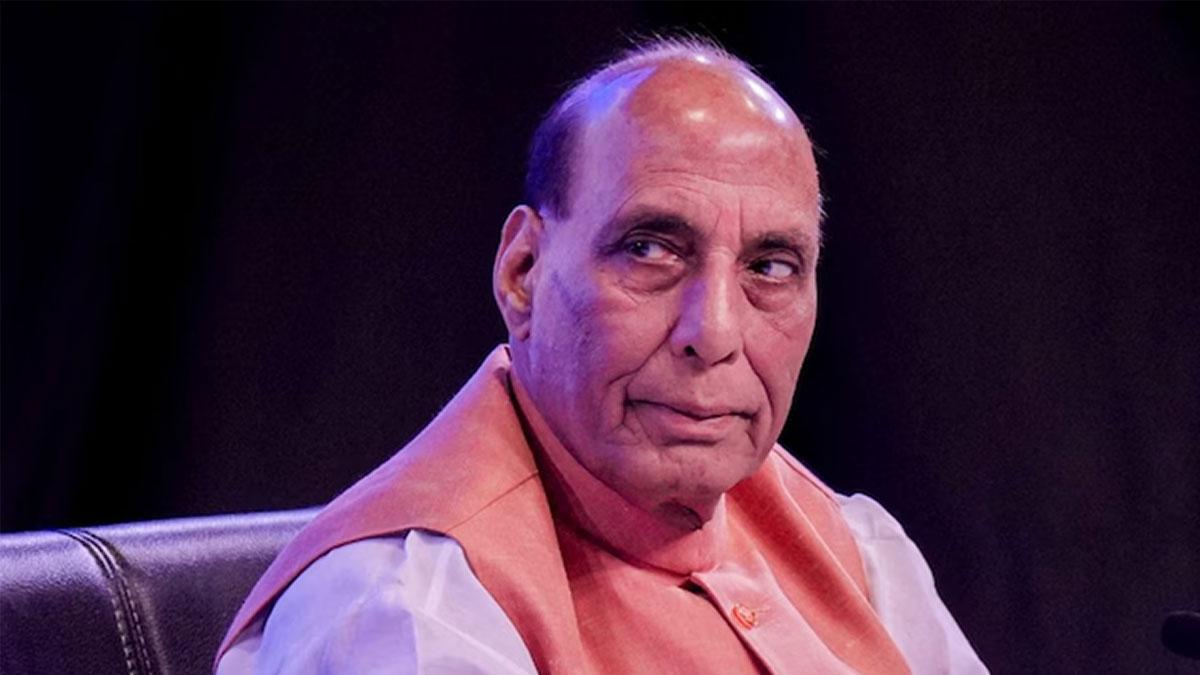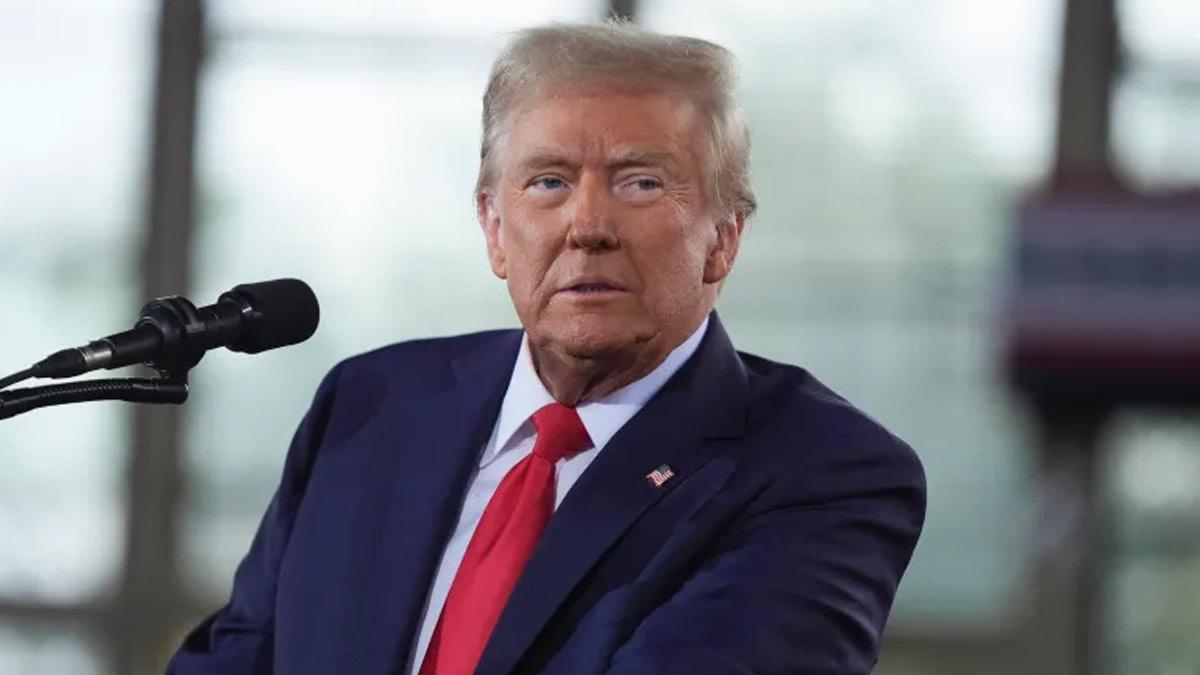Farhan Haq, deputy spokesperson for Secretary-General Antonio Guterres, pointed out that the Simla Agreement of 1972 was one of the important facts in dealing with the Kashmir dispute in the spirit of the UN Charter.
Haq said, "Our position on Kashmir is very clear; The situation in Jammu and Kashmir should be addressed peacefully based on the United Nations Charter and in full respect for human rights."
He also pointed out, "The Secretary-General also reminds us of the 1972 Simla Agreement on bilateral relations between India and Pakistan."
This agreement was signed in Shimla by then Indian Prime Minister Indira Gandhi and Zulfikar Ali Bhutto, the President of Pakistan, following the Bangladesh Liberation War.
The accord made it clear that differences, including the Kashmir issue, are to be solved bilaterally between the two countries by themselves without the interference of a third party.
Haq was responding to a question from a Palestinian journalist at a UN briefing, critical of the world body's inaction over "atrocities committed in the past five years" since the abrogation of Article 370, granting special status to Kashmir on August 5, 2019.
Haq explained that the stand of the UN is based on the UN Charter and the relevant resolutions adopted by the Security Council. He drew attention to Security Council Resolution 47 dated 21 April 1948, by which the Pakistani government is under obligation to secure the withdrawal of the tribesmen and Azad forces who entered Jammu and Kashmir from the territory of Pakistan and are operating there, and to prevent intrusion into and involement in the fighting in Jammu and Kashmir from the territory of Pakistan.
While some Pakistani supporters do point to this resolution's call for a plebiscite in Kashmir, few of them notice the part which insists that Pakistan must withdraw from their occupied areas. Further, this resolution also disallows Pakistan from carrying out any acts of terrorism in the region.
The Indian interpretation is that since Pakistan has not fulfilled this resolution, the offered plebiscite is no longer viable, and the people of Kashmir have made their choices known by participating in local elections.


















